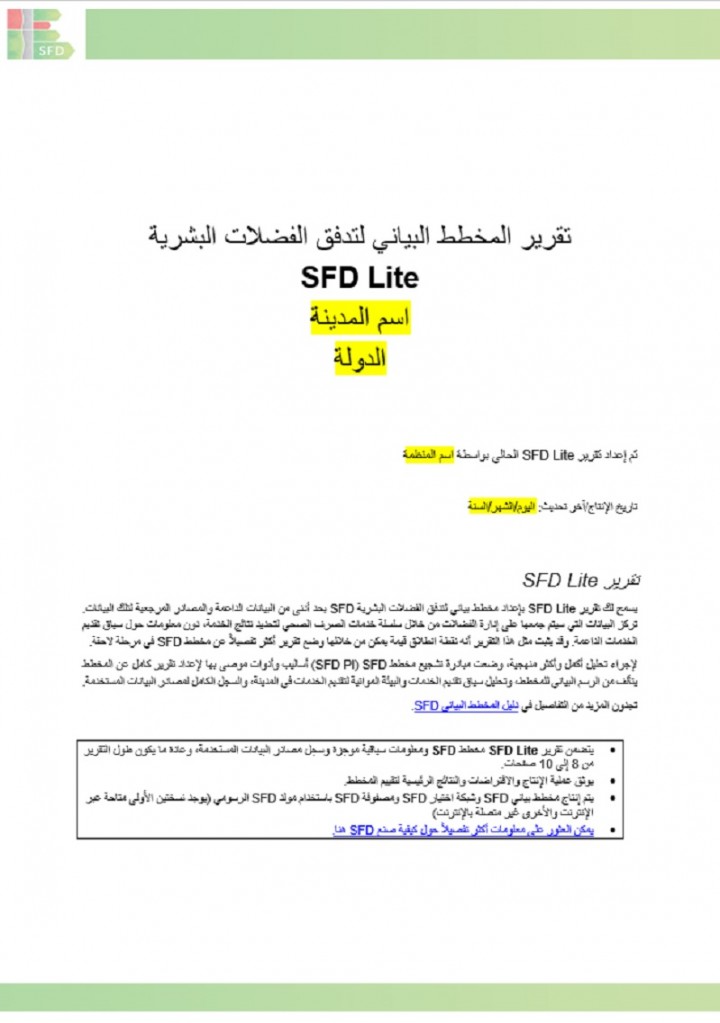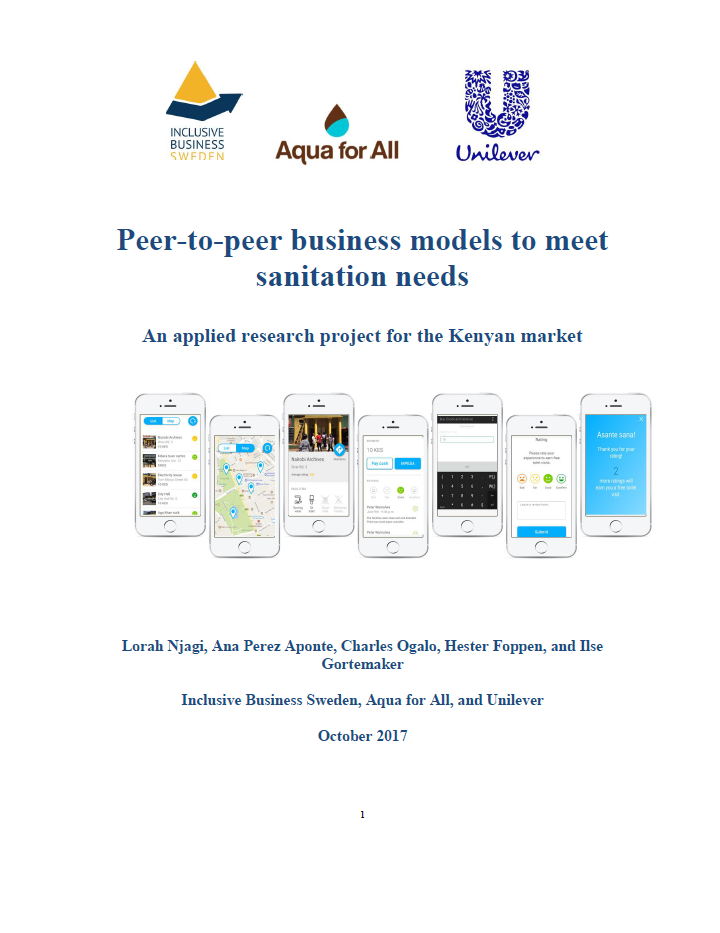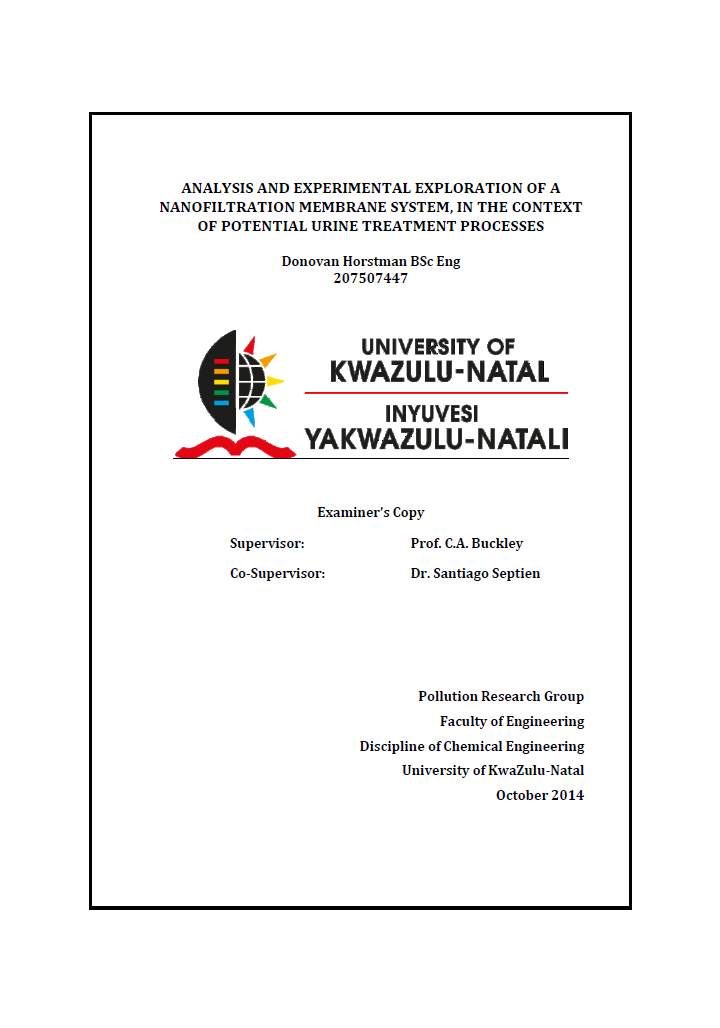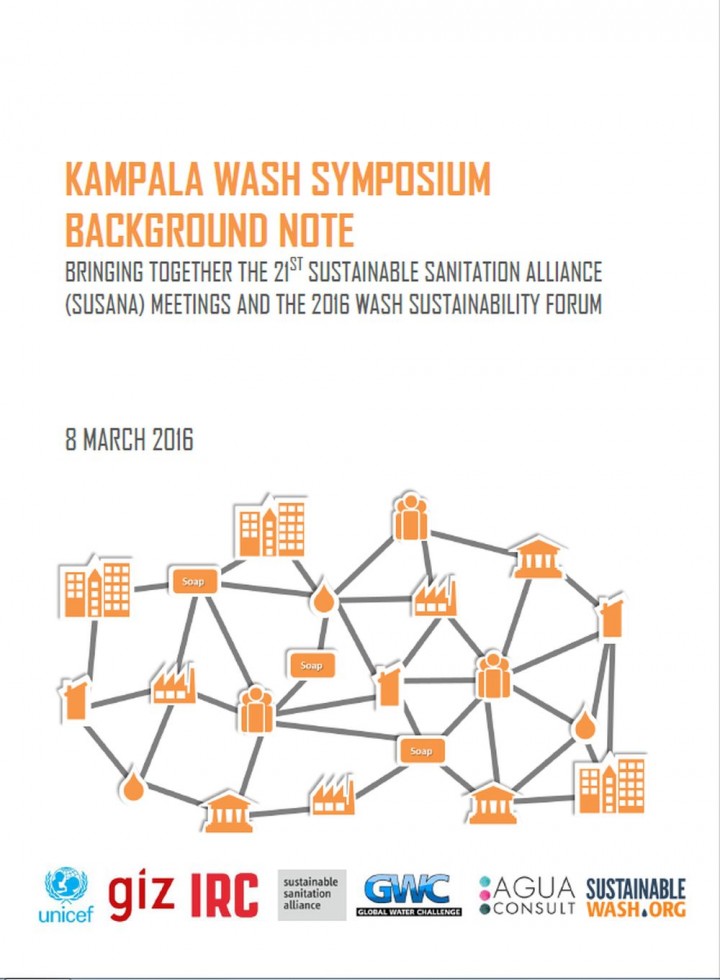Searching for information on Sanitation Workers?
The Sanitation Workers Knowledge + Learning Hub is the best source for all current news, trends, articles and updates on sanitation workers rights around the world.
Mahdia is located in Administrative Region (8) - Potaro Siparuni of Guyana and is also near the centre of the country with an altitude of 415 m and elevation of 1,360 m. The town is approximately 203 km for the country’s capital city Georgetown.
With a population of 4,200 residents at approximately 842 households within the township, the major water supply to households are private …
This guide is for WaterAid programmes and partners, to help them understand and use community mapping as a participatory development tool.
There is already a considerable amount of experience in participatory techniques within WaterAid. They are being used to great effect in the delivery of basic servicess within both rural and urban projects, using tools such as the sanitation ladder and …
This guidance note provides an overview of key protection, gender and inclusion (PGI) issues and practicalities to consider when assessing, designing, implementing and monitoring both long-term and humanitarian WASH programmes. It supports the practical application of the IFRC Minimum Standards for Protection, Gender and Inclusion in Emergencies by providing guidance to promote people’s …
Globally, 4.2 billion people do not have access to safe sanitation services, and approximately 3 billion lack basic handwashing facilities. Even in 2021, almost 700 million people still practise open defecation and nearly 400 million children attend schools with no sanitation facilities at all.
The large financing gap has been identified as one of the greatest barriers to achieving the water, …
A typical small water supply system requires less than about 200,000 litres per day, which is well within the capacity of small streams and alternative water sources, other than rivers. Indeed a river is not the ideal source of domestic water in many situations and an intake would normally be constructed only if there is no satisfactory alternative source such as groundwater (handpump), rainwater …
Leading businesses are engaged in efforts to reimagine sanitation systems as a net contributor of resources and data while addressing critical human rights. More importantly these leaders are driving their companies to go beyond risk and compliance to bring transformative positive change to millions of people affected by their business operations.
Global companies employ several millions of …
Uber, the world’s largest taxi company, owns no vehicles. Airbnb, the world’s largest accommodation provider, owns no real estate. Peer-to-peer (P2P) business models such as these have achieved scale globally, and relatively quickly. These P2P business models provide an organised way for us to collectively share certain resources. Could similar solutions reduce the barriers to sharing of the …
Catholic Relief Services conducted an in‑depth study to assess the efficiency, effectiveness and appropriateness of the modalities for delivering shelter and WASH assistance in its Typhoon Haiyan Recovery Program. This study, Pintakasi, hopes to contribute valuable lessons learned and share best practices from the program with the shelter/WASH recovery communities of practice in the …
This discussion paper presents a scan of the current status of water, sanitation, and hygiene services and challenges in remote Australian Indigenous communities. It was conducted to make explicit the challenges requiring attention and to propose questions to stimulate discussion as to how various stakeholders can respond to these challenges. it was guided by examples of initiatives that have …
To this end the Kampala WASH Symposium, held in Uganda in June 2016, looked beyond the conventional notion of ‘projects’ to explore how we, as WASH actors, can and should work together within the wider complex systems that deliver services. With participants and presentations from governments, donors, researchers, and practitioners, this event brought emerging thinking on how to drive …
In March 2015, a household sanitation survey in Yei was carried out within the framework of the GIZ Development of the Urban Water and Sanitation Sub-Sector in South Sudan (GIZ DUWSS) Programme. Applying a random cluster sample method, quantitative data was collected from a total of 1,284 households within the urban boundaries of Yei. The sample size covered approx. 4% of the urban population in …








































